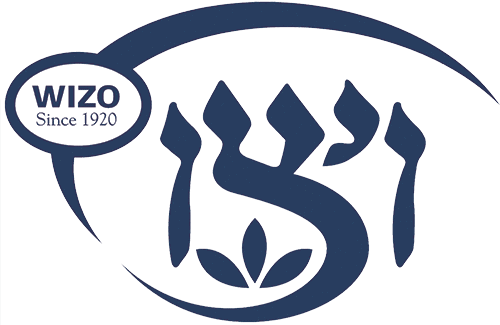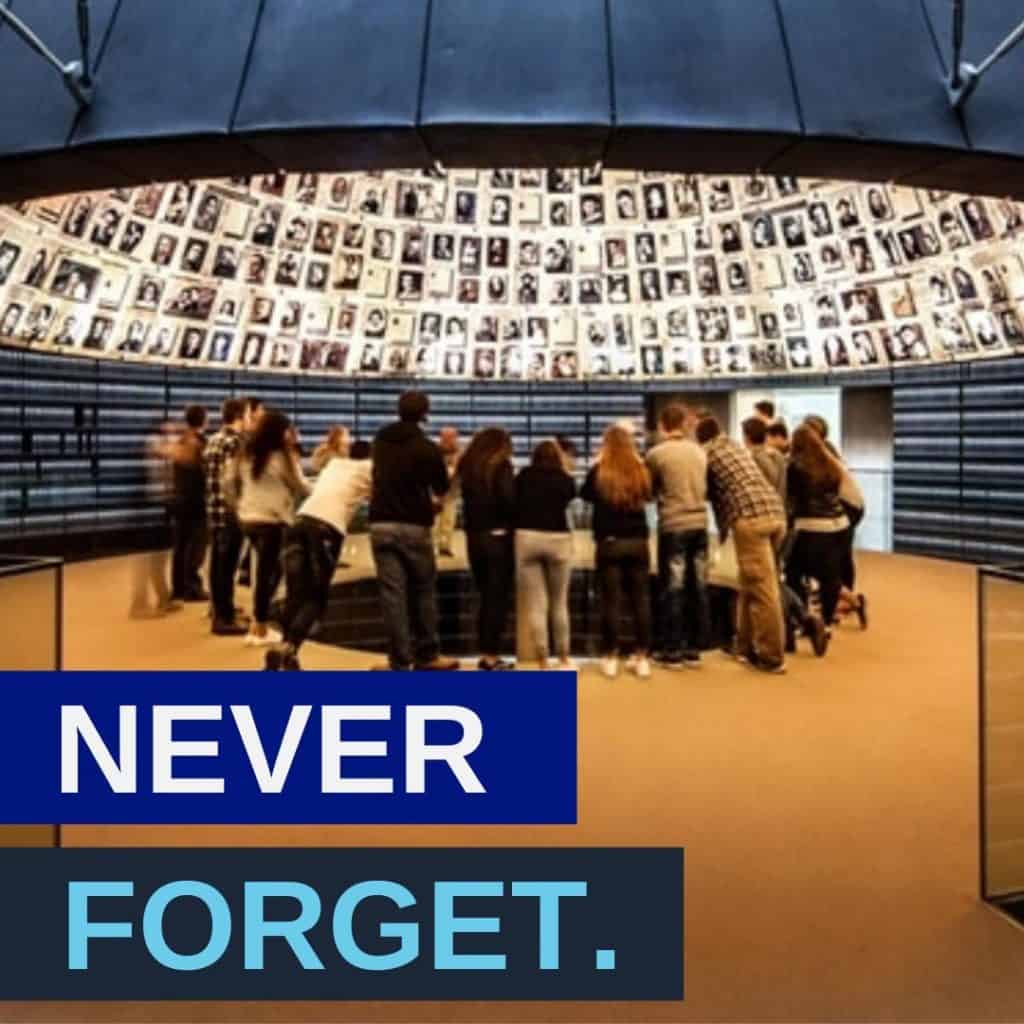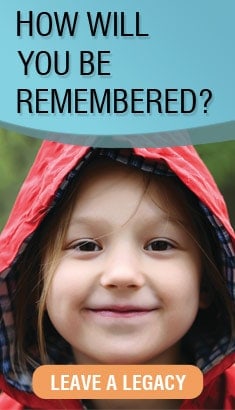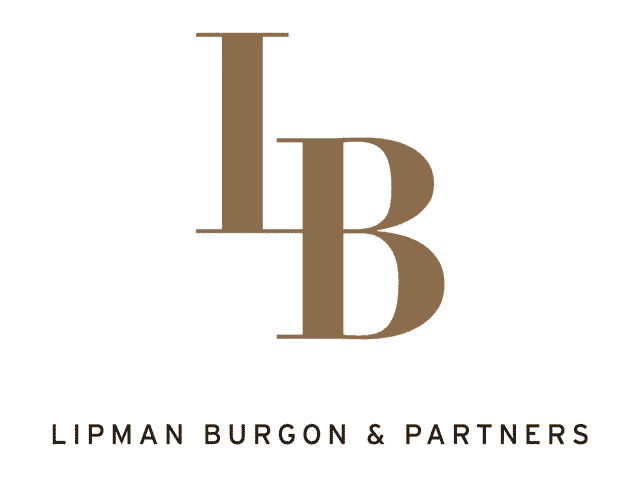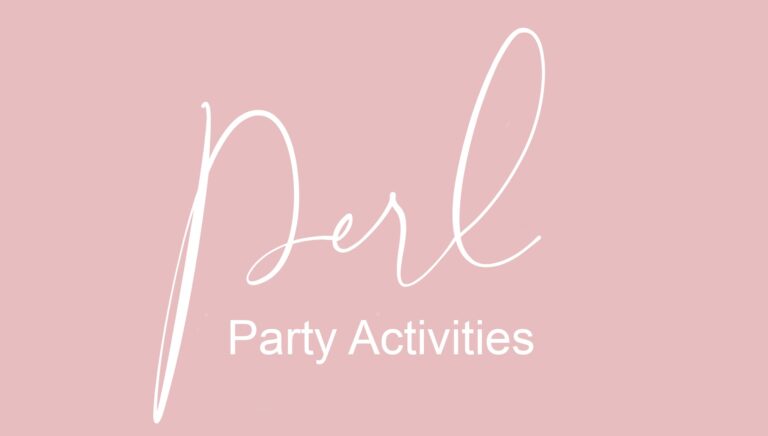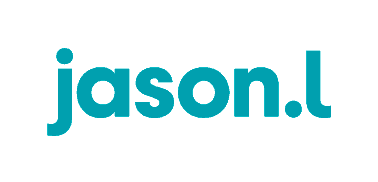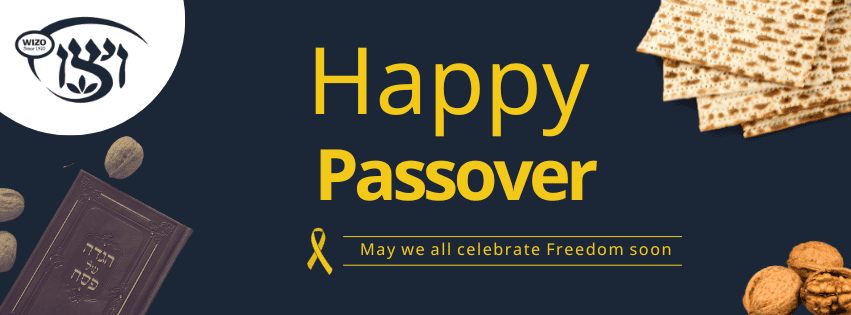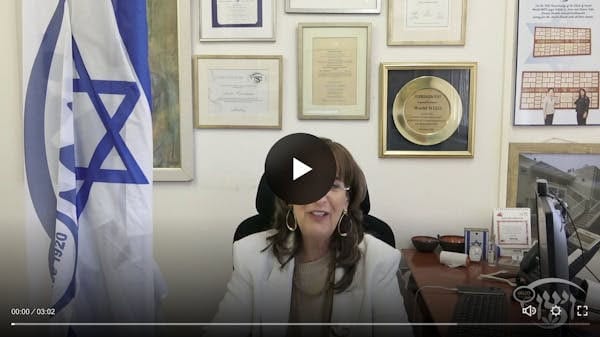
What is the Holocaust?
The Holocaust was the systematic murder of Jews during World War II, from December 1941 until the Nazi surrender in mid-1945. Over the course of three and a half years, approximately six million Jews were murdered by the Nazis and their collaborators. In parallel, at least another five million non-Jews were murdered: homosexuals, Roma people, disabled individuals, German mental health patients, prisoners of war, and others.
What distinguishes the Holocaust from other mass murders in history?
Never before in world history had a democratic nation systematically mobilized all of its government authorities to methodically murder its own citizens. Every Jew was designated for death, with no court to appeal to, no police to protect them, and no God to pray to. All Jews were condemned to annihilation, with the resources of the world’s strongest power fully dedicated to this execution.
When did the Holocaust begin?
The actual extermination began at the end of 1941, but it was preceded by a process that led to its creation. We can identify early milestones in the publication of “Mein Kampf,” the Nazi rise to power in Germany, the Nuremberg Laws, Kristallnacht, and the outbreak of World War II. Each stage paved the way for what followed, culminating in the approval of the “Final Solution” plan, which implemented the idea of exterminating the Jewish people.
Was the State of Israel established because of the Holocaust?
There is no doubt that the Holocaust played an important role in the establishment of the state. European Jews sought a safe haven and began immigrating to the land, especially during the Fifth Aliyah which strengthened the Jewish settlement in the country, while the nations of the world recognized the need for an independent homeland for the Jewish people. Two years after the end of the Holocaust, and following the exposure of the magnitude of the atrocities, the UN approved the partition of the land of Israel between Jews and Arabs, after which the British Mandate over the country ended.
Is there similarity between other national tragedies and the Holocaust?
Absolutely not. In the Holocaust, entire communities and cultures were annihilated, with thousands and sometimes tens of thousands of people sent to their deaths every day for three and a half years. In the Holocaust, there were no graves, no funerals, no notifications of casualties… there were also no wounded or captives. In the Holocaust, the question wasn’t who died, but who survived. There is no parallel in the modern world to such an event, and any comparison to a terrorist attack, war, or mass casualty event diminishes it and does a historical injustice to Holocaust survivors.
Were there also displays of heroism during the Holocaust?
Many indeed. Numerous stories of Jews and non-Jews have become inspiring tales of self-sacrifice. The Warsaw Ghetto Uprising was a symbol of Jewish heroism during the Holocaust, a rebellion led by 24-year-old Mordechai Anielewicz in a ghetto containing about 400,000 Jews! The rebels knew they would ultimately be murdered, but preferred to die in resistance rather than submission. The story of Gisi Fleischmann from WIZO Slovakia is also an inspiring tale of heroism.
What is the importance of Holocaust Remembrance Day?
Holocaust Remembrance Day reminds us of what happened to the Jewish people when they did not have a state, did not have an army, and when their lives depended on the mercy of gentiles. The horror of the Holocaust must always be before our eyes, as a reminder of what happened and what could happen when Jews lack the ability to defend themselves. Commemorating the victims is an important value in itself, alongside the meaningful value of providing a secure homeland for every Jew in the world.
What are the similarities and differences between the Nakba and the Holocaust?
The “Nakba,” defined by Palestinians as the “Palestinian Holocaust,” refers to the prohibition on the return of some Palestinian Arabs who fled from their villages at the beginning of Israel’s War of Independence. The number of Arab refugees who fled from Israel is less than one-tenth of the number of Jews murdered in the Holocaust. Additionally, it does not involve the killing of people but rather their independent flight when they heard that Arab armies had attacked the newly established Jewish state. This comparison illustrates the vastly different scales between the two events, making any comparison between them unfounded.
From Anat Vidor’s speech at the WIZO Holocaust Remembrance Day ceremony:
More than 80 years have passed since the Holocaust. But what happened there, on European soil, will not be forgotten and shall never be forgotten. The voice of our brothers and sisters’ blood still cries out to us from the ground, bringing with it historical meanings and current lessons.
This number – six million – has accompanied the Jewish people since then, and we frequently mention it. But this number has another significance as well. Six million is approximately the number of people who voted for the Nazi party in the 1930 German parliamentary elections, after which Germany became a murderous Nazi dictatorship. Six million out of a nation of 60 million people!
A year earlier, the Nazi party had 100,000 members – 0.16% of the entire German people. It turns out that this is all it took to bring the entire world to its knees! 0.16% of evil, against a whole world that didn’t stop it in time. Therefore, six million – a number with meaning. And the meaning is: not only is evil a danger to the world, but also indifference – and that we must shatter.
This is a challenge that confronts us today: today’s antisemitism is not much different from what existed before the rise of the Nazis. The dangers in Europe are enormous even now, and we must not remain complacent, silent, or resigned. We must confront, we must make our voices heard.
This year we highlight the work of Gisi Fleischmann, the Jewish heroine from WIZO Slovakia, a country where 70 out of 90 thousand Jews who lived there were murdered. In the terrible years of the Holocaust, there were those who saved themselves and their relatives, sometimes by sacrificing others. Gisi Fleischmann sacrificed herself and her life to save everyone she could, and to demonstrate what true leadership is.
Sometimes I wonder what Gisi would do in the face of today’s antisemitism. Facing Molotov cocktails thrown at synagogues, Jews hunted in city streets, leaders and presidents supporting boycotts of Israel during wartime, in an attempt to force its surrender. Would she have remained silent? Would she have bowed her head? I have no doubt: she would have come out with courage and defended her people, just as she did then. We must not be a nation of “ostriches,” and a lioness like her faces danger head-on!
And that’s also what I would expect from myself and from us as a Zionist organization, with our limited means and modest strength: to fight antisemitism, to expose hypocrisy, to remember and remind others of the horror of the Holocaust and its lessons – not just on Holocaust Remembrance Day, and to prepare remedies for the dangers that lie ahead.
Today, on Holocaust Remembrance Day, the people of Israel will remember its victims, the third of our nation that was brutally murdered, its magnificent communities that were cut down, the worlds of wisdom and knowledge that were destroyed forever, the million and a half children who were sent to their deaths, the million and a half anonymous victims whose names are unknown. And we will remember and not forget the Nazis and those among the peoples of Europe who collaborated with them and inflicted all this upon us. Today we will promise ourselves again that we will do everything to shatter indifference, to eradicate antisemitism, to fight it, and to prevail.
